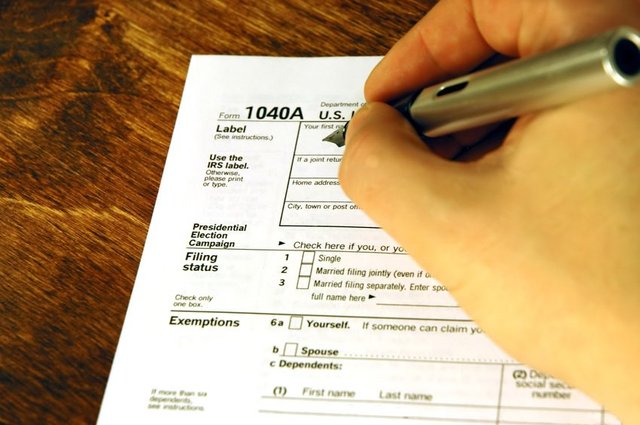
A divorce, especially when children are involved, is one of the worst things a person can go through. With emotions so high, sometimes an ex-spouse will further complicate things by involving what is the least favorite government institution for many: the IRS. For those who receive an unwanted letter from the IRS informing them to check their dependents, there is nothing to worry about as long as they have legal custody of the dependent child.
When Can A Child Be Claimed A Dependent?
First one should know dependent exemption qualification that qualifies a child to be dependent. The basic qualifying criteria are as follows: If a child is younger than 19 at the end of the year (younger than 24 in the case of full-time students) and receives at least half their support from the parent, the child can be claimed as a dependent.
Who Has The Right To Claim A Child As A Dependent?
Claiming a child as a dependent cannot be split if the parents are divorced. It is the sole right of the custodial parent. As a general rule, the custodial parent who can use the dependents tax exemption is the parent who has custody of the child for the greater part of the tax year, and the amount of time the parent has custody is determined by the most recent divorce decree or separation agreement. The actual amount of financial support provided by the parent does not factor in.
In cases where custody has not been determined or there is joint custody, the dependent exemption goes to the parent who had custody of the child for the greater part of the tax year.
There is only one major exception to this. If the parent with custody agrees to give up the exception, the other parent can claim the child when Form 8332 is signed, and attached to the tax return of the noncustodial parent.
When Things Can Get Messy
Sometimes the noncustodial parent, for whatever reason, will file an early return claiming the child as their dependent. However, filing before the other parent will not change who has the legal right to claim the child as a dependent, and the legal custodian will remain the only one with the right to make the claim on the return.
However, the IRS does not verify that it is the custodial parent claiming the exemption when 1040 is filed. Therefore, it may be up to the parent with custody of the child to prove it to the IRS. When this is done, the parent who illegally claimed the exception will have to pay it back with fees.
While it may appear to be easy to illegally claim the exemption, it will backfire in the end of the parent with legal custody pushes the matter.